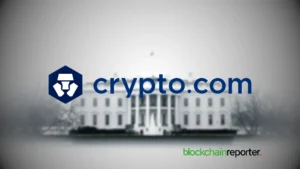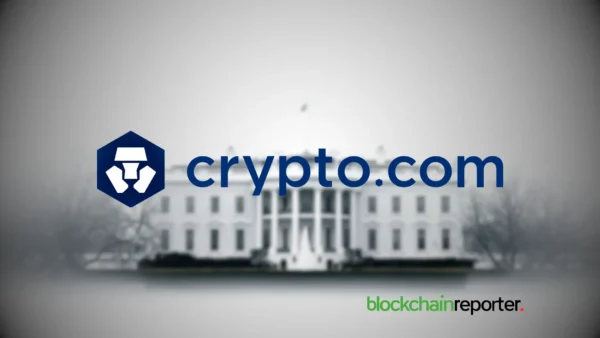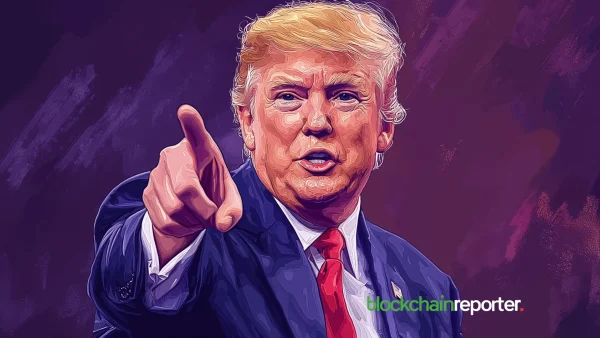
On July 13, 2018, the South Korean Ministry of Small and Medium Enterprises (SMEs) submitted a proposal to amend the nation’s existing business laws and categorize cryptocurrency exchanges and other crypto-based businesses as entertainment and gambling ventures.
Now, blockchain groups in the region have orchestrated a pushback of the bill, stating it is an enemy of innovation.
Crypto Exchanges Must Remain as SMEs
According to sources close to the matter, the ministry expressed concerns over the heightened state of cryptocurrency speculation in the country fueled by the proliferation of digital currency exchanges in the region.
In spite of the recent slump in the price of bitcoin and other crypto assets, enthusiasm for blockchain-based digital assets has not waned in Korea.
Amidst that backdrop, several blockchain associations in the Asian nation have vehemently condemned the move by the Ministry of SMEs, stating categorically that the proposal is not in-line with the innovative goals of the country and would stifle the growth of the burgeoning cryptospace if enacted.
The distributed ledger technology (DLT) organizations that are fighting against the ministry’s proposal include the Korea Blockchain Association, Korea Blockchain Industry Promotion Association, and Korea Blockchain Startup Association.
The organizations have jointly written a statement to the ministry, arguing that classifying blockchain-based businesses such as cryptocurrency exchanges as entertainment and gambling ventures may appear as a threat to these startups and could ultimately lead to their collapse or a massive brain drain of the country’s blockchain talents.
Crypto-Regulations Causing Furor
In recent times, virtual currency startups have been moving from nation-states with harsh and draconian regulations to areas with amenable laws that support blockchain technology.
Interestingly, back in March 2018, the world’s largest digital assets exchange by 24-hour trading volume, Binance, moved its operations to Malta, due to regulatory issues with the Japanese authorities.
Unlike China that has since placed a blanket ban on cryptocurrency trading, South Korea still maintains a vibrant bitcoin trading ecosystem, though initial coin offerings remain banned in the region.
However, in May, reports emerged that the government was considering a reversal of the ban on ICOs and could allow domestic businesses to employ the controversial fundraising method.
The ministry of SMEs proposal is open for public comments and feedback until September 4, 2018, and it remains to be seen whether the bill will survive.








